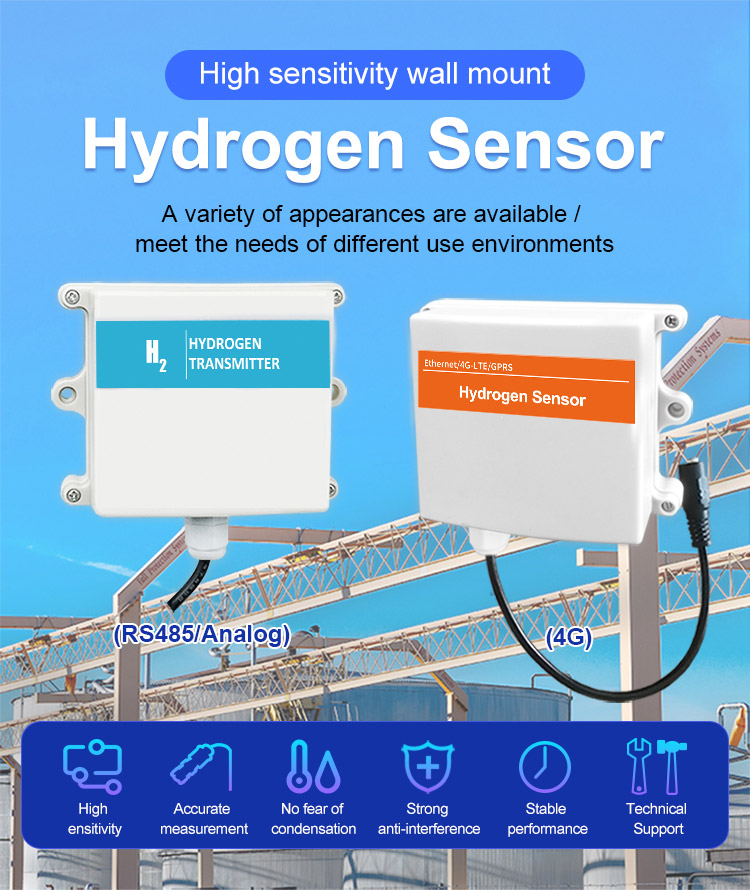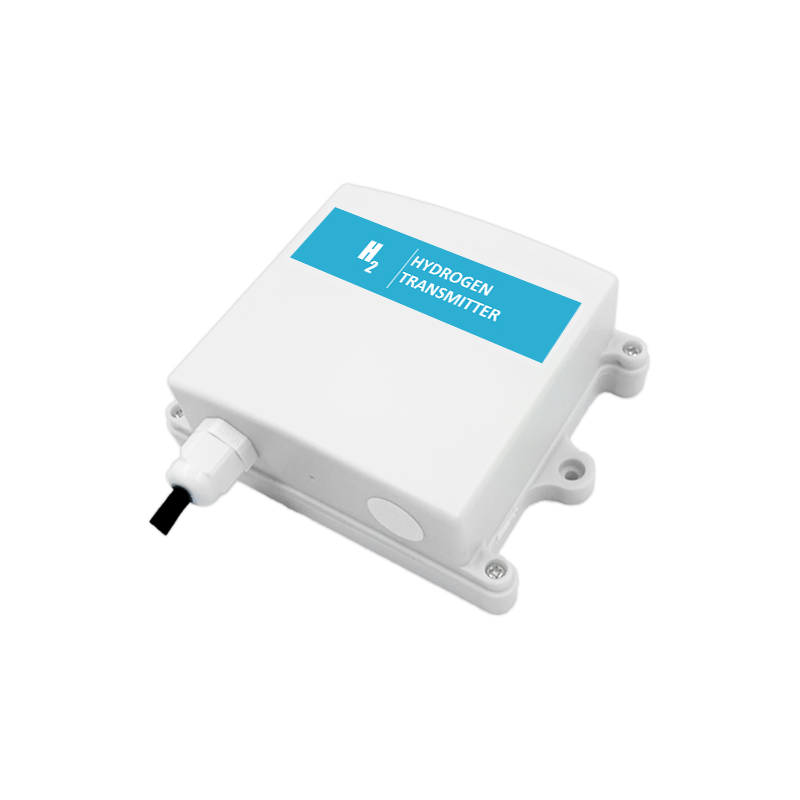Hydrogen sensors is a device that detects the concentration of hydrogen in the environment. It plays a vital role in enhancing safety and efficiency in industries where hydrogen is present. The sensor works by detecting the presence of hydrogen molecules and generating an electrical signal that is proportional to the concentration of hydrogen gas.

The primary applications of hydrogen sensors
One of the primary applications of hydrogen sensors is in the transportation sector. Hydrogen fuel cell vehicles are gaining popularity as a clean and sustainable alternative to traditional fossil fuel-powered vehicles. However, the safe storage and usage of hydrogen in vehicles is of paramount importance. Hydrogen sensors are integrated into fuel cell systems to continuously monitor the hydrogen concentration, ensuring early detection of any leaks or potential hazards. This not only enhances the safety of hydrogen-powered vehicles but also increases their overall efficiency.

Moreover, hydrogen sensors are widely used in hydrogen production and storage facilities. These facilities require accurate monitoring of hydrogen gas levels to prevent explosive conditions. By continuously monitoring the hydrogen concentration using sensors, operators can implement timely safety measures, such as ventilation or shutting down the production process, if necessary. This proactive approach greatly reduces the risks of accidents and ensures the safe operation of hydrogen production and storage facilities.
In addition to transportation and hydrogen production, hydrogen sensors are also in manufacturing, chemical processing and other industries. For example, in the manufacturing process of heat treatment, hydrogen sensors play a role in maintaining safety standards. In chemical processing industries, hydrogen sensor are indispensable for monitoring hydrogen gas leaks and preventing the potential for explosions. In addition, in renewable energy applications, it is essential to monitor and control hydrogen levels to optimize system performance.
Conclusion
Hydrogen sensor are vital components in various industries where hydrogen gas is utilized. Their ability to detect and measure hydrogen concentrations helps ensure the safety and efficiency of hydrogen-related processes. Whether it is in transportation, hydrogen production, manufacturing, or renewable energy, hydrogen sensor play a significant role in mitigating risks, preventing accidents, and enabling the widespread and safe adoption of hydrogen as a clean energy source. As technology advances, hydrogen detector will continue to evolve, providing even more accurate detection capabilities and contributing to a safer and greener future.
